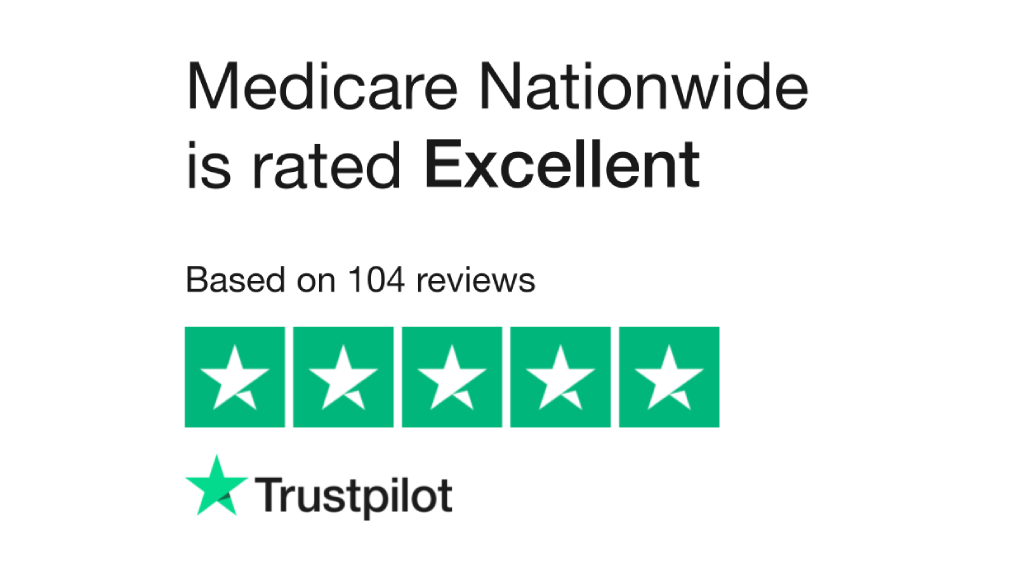Medicare Advantage plans, also known as Part C, are a popular choice for many seniors in the United States. These plans are offered by private insurance companies and cover everything that Original Medicare (Part A and Part B) covers, and often include extra benefits. However, like any health plan, Medicare Advantage has its pros and cons. This article will help you understand the advantages and disadvantages of Medicare Advantage plans so you can make an informed decision.

What Are Medicare Advantage Plans?
Medicare Advantage plans are an alternative to Original Medicare. They are offered by private insurance companies that are approved by Medicare. These plans cover hospital insurance (Part A) and medical insurance (Part B) and often include additional benefits such as:
Prescription drug coverage (Part D)
Vision care
Dental care
Hearing aids
Fitness programs
Pros of Medicare Advantage Plans
All-in-One Coverage
One of the biggest advantages of Medicare Advantage plans is that they combine different types of coverage into one plan. Instead of having separate plans for hospital insurance, medical insurance, and prescription drugs, you can get all of this coverage in one Medicare Advantage plan. This can make managing your healthcare simpler and more convenient.
Extra Benefits
Many Medicare Advantage plans offer extra benefits that Original Medicare does not cover. For example, some plans provide vision, dental, and hearing care, as well as gym memberships. These benefits can help you maintain your overall health and well-being.
Cost Savings
Medicare Advantage plans often have lower out-of-pocket costs compared to Original Medicare. Many plans have low or even $0 premiums, and they also set a yearly limit on what you have to pay out-of-pocket for covered services. Once you reach this limit, the plan pays 100% of the costs for covered services.
Coordinated Care
Medicare Advantage plans often use networks of doctors and hospitals to coordinate your care. This can help ensure that you get the care you need and that your doctors are working together. Coordinated care can lead to better health outcomes and can make it easier for you to manage your healthcare.
Cons of Medicare Advantage Plans
Limited Provider Networks
One of the main disadvantages of Medicare Advantage plans is that they often have limited provider networks. This means you may have to choose from a smaller list of doctors and hospitals. If you go outside the network, you may have to pay more, or the plan may not cover the services at all. This can be a problem if you have a preferred doctor or hospital that is not in the network.
Prior Authorizations and Referrals
Some Medicare Advantage plans require you to get prior authorization for certain services or referrals to see specialists. This means you may need to get approval from the plan before you can get the care you need. This can add extra steps and delays to getting care.
Plan Changes
Medicare Advantage plans can change their benefits, provider networks, and costs every year. This means you may need to review your plan and compare it with other options each year during the Medicare Annual Enrollment Period. Keeping up with these changes can be time-consuming and confusing.
Coverage Limitations
While Medicare Advantage plans often include extra benefits, they may have limitations on coverage. For example, the plan may cover dental care, but only for certain types of services, or it may limit the number of visits. It’s important to read the plan’s details to understand what is and isn’t covered.
How to Choose the Right Medicare Advantage Plan
Choosing the right Medicare Advantage plan involves comparing the different plans available in your area. Here are some tips to help you make the best choice:
Check the Provider Network: Make sure your doctors and preferred hospitals are in the plan’s network.
Compare Costs: Look at the premiums, deductibles, copayments, and out-of-pocket maximums for each plan.
Review Extra Benefits: Consider which extra benefits are important to you and see which plans offer them.
Understand the Plan’s Rules: Check if the plan requires prior authorizations or referrals for certain services.
Use Medicare’s Plan Finder Tool: Medicare’s website has a Plan Finder tool that can help you compare plans based on your needs.
Conclusion
Medicare Advantage plans can offer many benefits, such as all-in-one coverage, extra benefits, cost savings, and coordinated care. However, they also have some downsides, including limited provider networks, the need for prior authorizations and referrals, annual plan changes, and coverage limitations. By carefully comparing your options and considering your healthcare needs, you can find a Medicare Advantage plan that works best for you.
more infromation- A Closer Look: Medicaid and Program for Children’s Health Insurance (CHIP) Part 2

